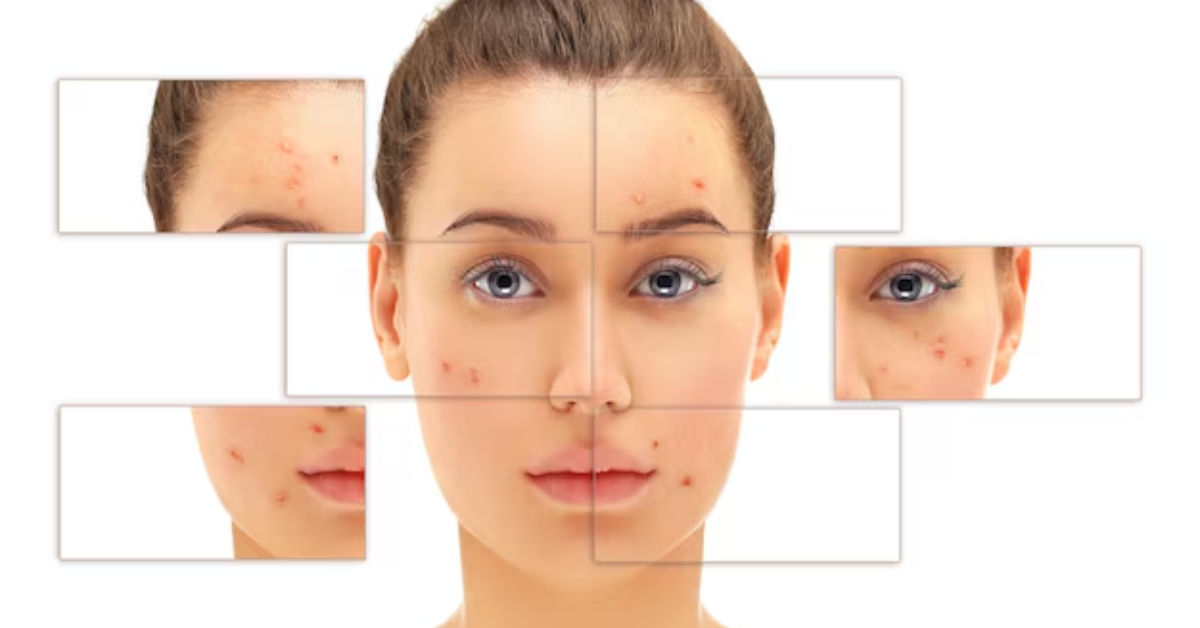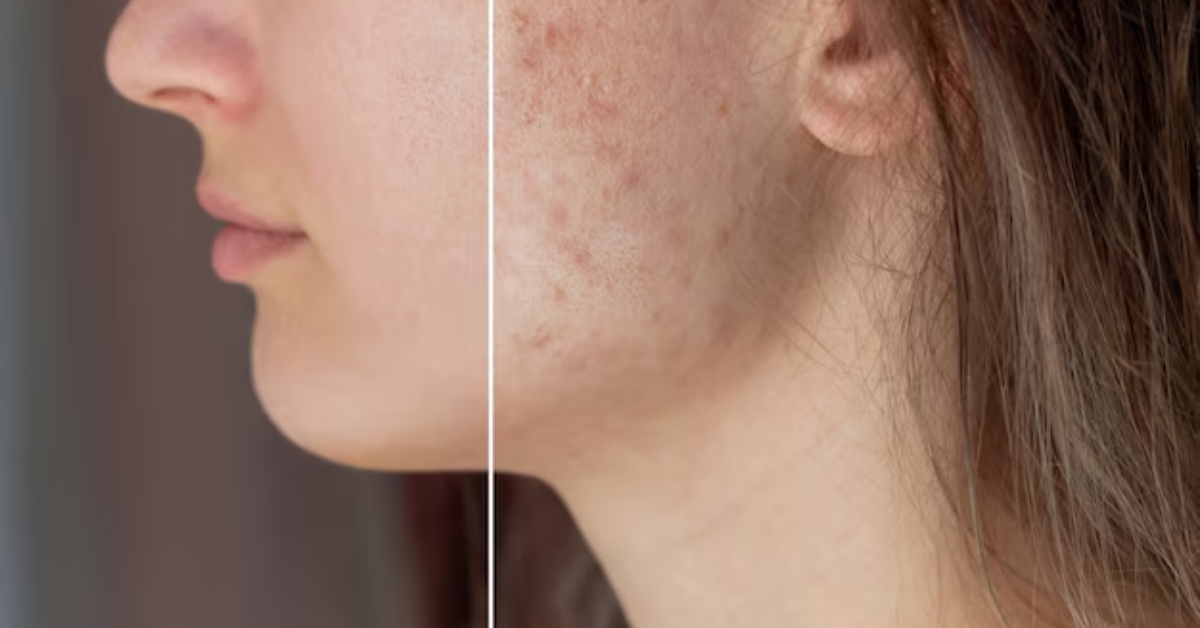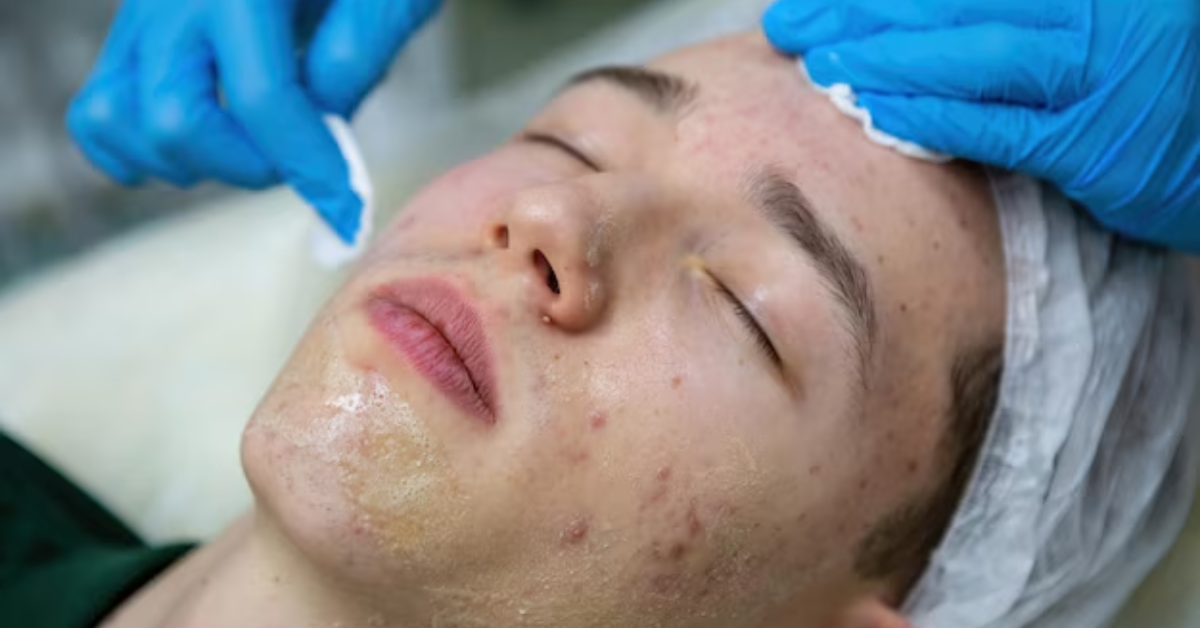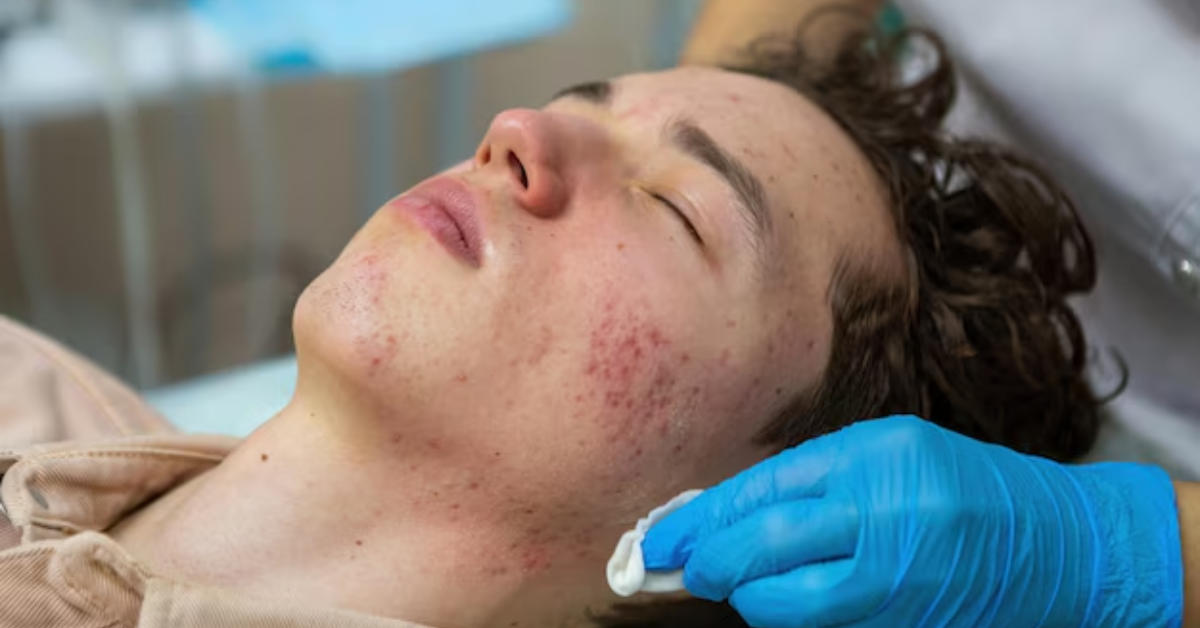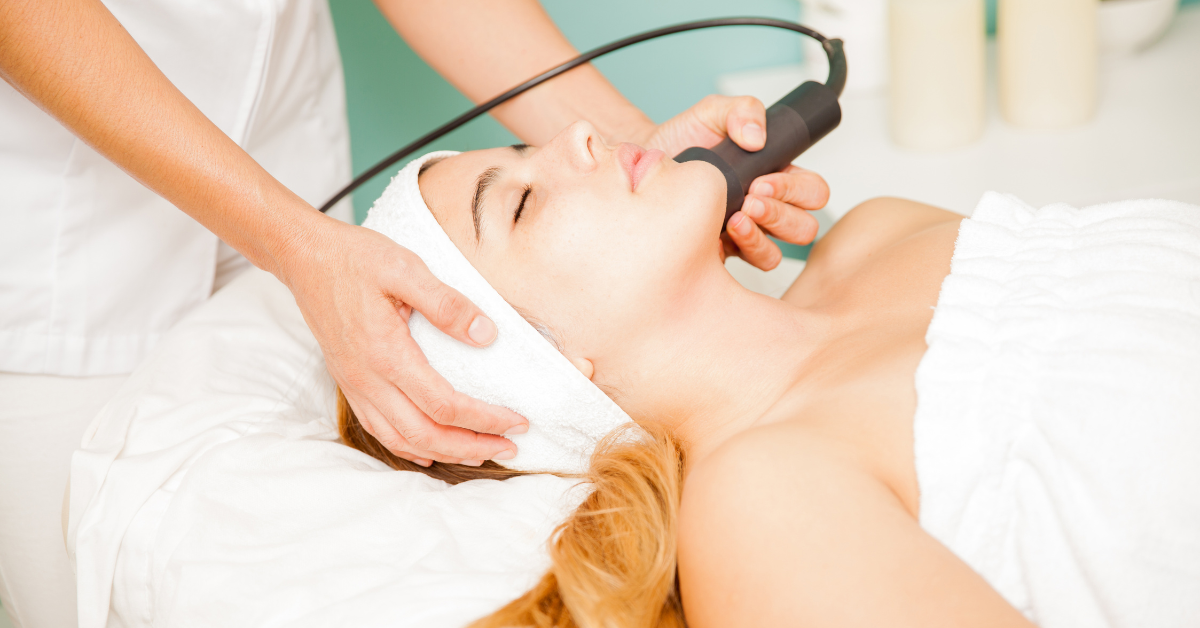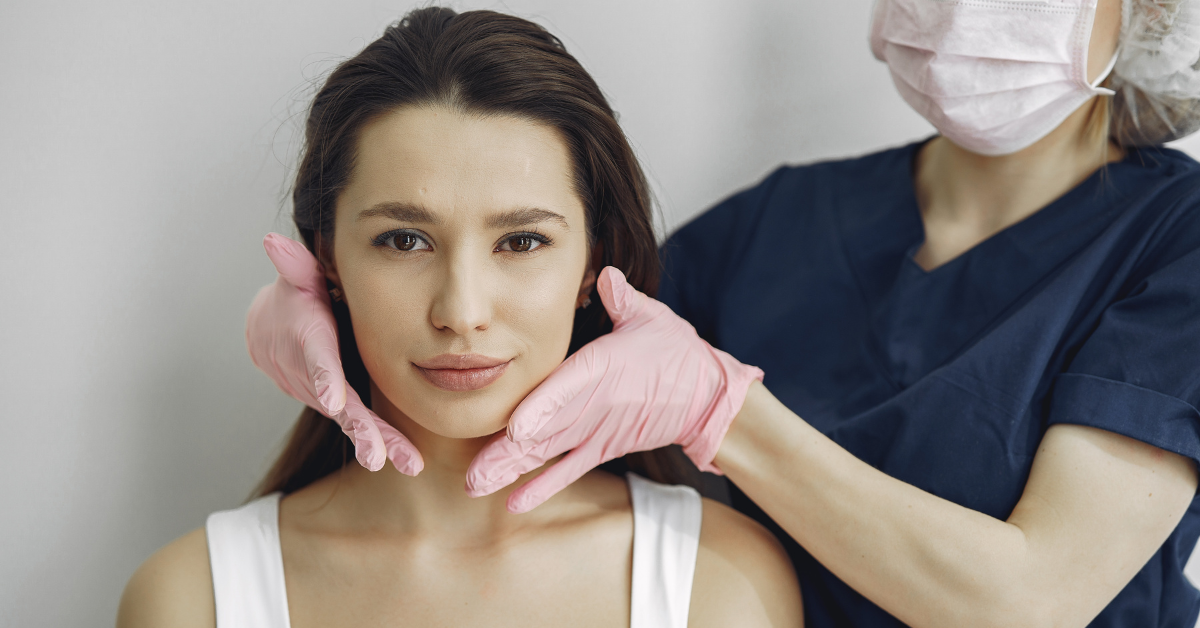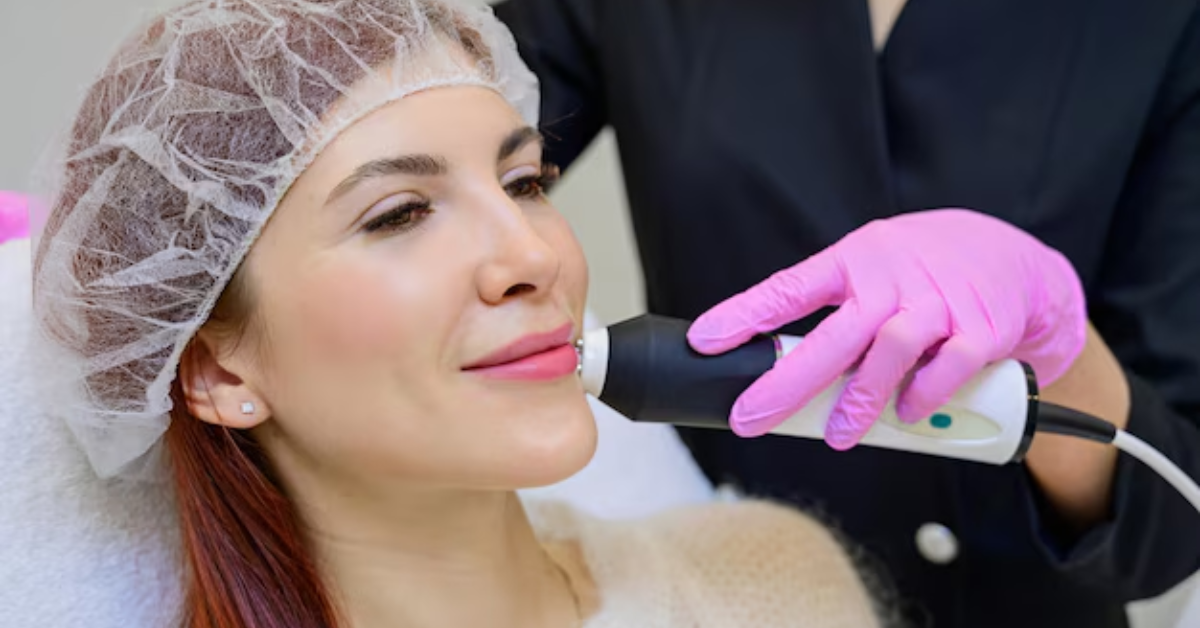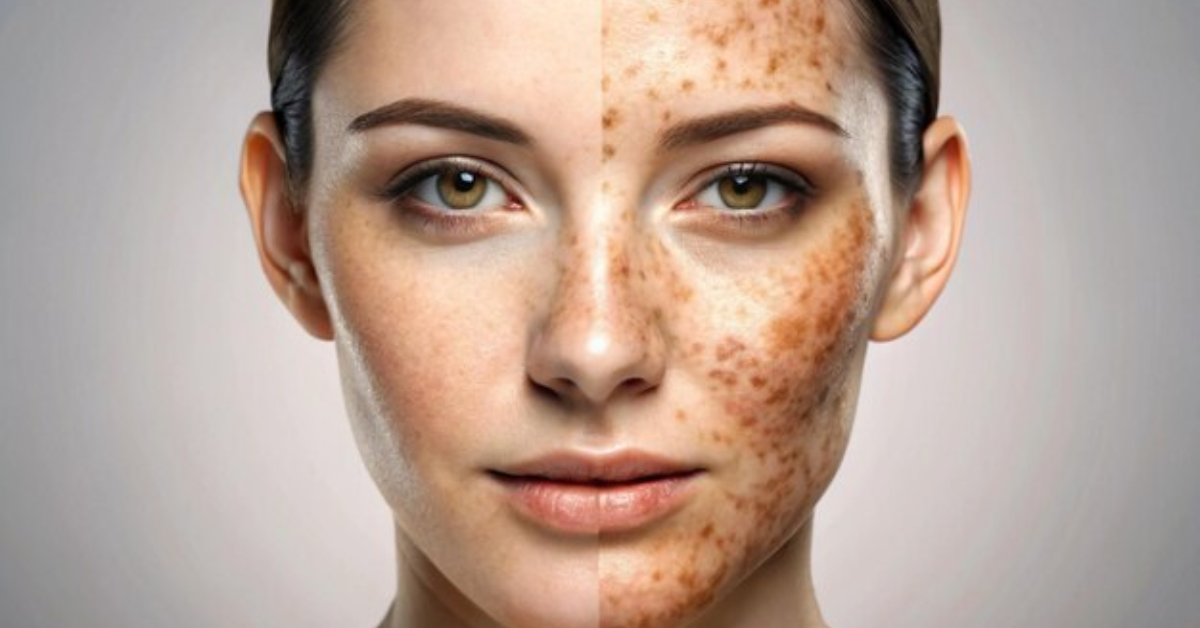Can Hormonal Changes Lead to Skin Pigmentation?
Hormonal changes are a natural part of life that can affect our bodies, including our skin. These changes occur due to fluctuations in hormone levels, which can occur during puberty, pregnancy, menopause, or as a result of certain medical conditions or treatments. One notable effect of hormonal changes is their potential to cause alterations in skin pigmentation. Skin pigmentation refers to the color of our skin, which is determined by the amount of melanin, a pigment produced by melanocytes in the skin.
When hormonal changes occur, they can disrupt the normal production and distribution of melanin, leading to skin color and appearance changes. Understanding how hormonal changes affect skin pigmentation is essential for effectively managing and addressing related concerns. A discussion of common causes, types, and management strategies of skin pigmentation will be presented in this article.
Hormonal pigmentation, often triggered by imbalances such as during pregnancy or due to contraceptive use, can be effectively managed with targeted skincare and lifestyle adjustments.
The Influence of Hormones on Skin Pigmentation
Hormones play a crucial role in regulating various functions within the body, including skin pigmentation. The most significant hormones involved in skin pigmentation are estrogen, progesterone, and melanocyte-stimulating hormone (MSH). These hormones influence the activity of melanocytes, the cells responsible for producing melanin, the pigment that gives skin its color.
When hormone levels fluctuate, such as during pregnancy or hormonal imbalances, it can disrupt the normal functioning of melanocytes. This disruption can lead to changes in melanin production and distribution, resulting in alterations in skin pigmentation. For example, increased levels of estrogen and progesterone during pregnancy can stimulate melanocytes, leading to the development of conditions like melasma or chloasma.
Common Hormonal Changes Impacting Skin
Puberty:
Hormonal changes during puberty, particularly increases in androgens like testosterone, can stimulate sebaceous gland activity and lead to acne breakouts. These hormonal fluctuations may also contribute to changes in skin pigmentation, such as the darkening of existing freckles or the development of new pigmented spots.
Pregnancy:
Pregnancy hormones, specifically estrogen and progesterone, can cause significant changes in skin pigmentation. Melasma, also known as the "mask of pregnancy," is a common condition characterized by dark patches on the face, typically on the cheeks, forehead, and upper lip. These hormonal changes can also exacerbate existing skin conditions like acne or eczema.
Menopause: During menopause, estrogen levels decline, leading to various changes in the skin, including dryness, thinning, and loss of elasticity. Hormonal fluctuations during this time can also contribute to the development of age spots or uneven skin tone.
Types of Skin Pigmentation Associated with Hormonal Changes
Melasma:
Melasma is a common condition characterized by brown or gray-brown patches on the face, particularly on the cheeks, forehead, nose, and upper lip. It is often associated with hormonal changes, such as those occurring during pregnancy or while taking hormonal contraceptives.
Chloasma: Chloasma, also known as "pregnancy mask," refers to dark patches that typically appear on the face during pregnancy. Similar to melasma, chloasma is thought to be triggered by hormonal changes, particularly increased levels of estrogen and progesterone.
Post-inflammatory hyperpigmentation: This type of pigmentation occurs as a result of inflammation or injury to the skin, such as acne breakouts, cuts, or burns. Hormonal fluctuations can exacerbate post-inflammatory hyperpigmentation, leading to darker spots that linger long after the initial injury has healed.
Understanding the relationship between hormonal changes and skin pigmentation is essential for effectively managing and addressing pigmentation concerns. By identifying the underlying hormonal triggers and implementing appropriate skincare strategies, individuals can minimize the impact of hormonal fluctuations on their skin and maintain a healthy, radiant complexion.
Factors Contributing to Hormonal Skin Pigmentation
Hormonal skin pigmentation can be
influenced by various factors, with hormonal changes playing a significant role in triggering pigmentation issues. Some of the key factors contributing to hormonal skin pigmentation include:
- Hormonal fluctuations during pregnancy, particularly increases in estrogen and progesterone levels, can stimulate melanocyte activity, leading to conditions like melasma or chloasma, commonly referred to as the "mask of pregnancy."
- The decline in estrogen levels during menopause can also impact skin pigmentation. Changes in hormone levels may contribute to the development of age spots or uneven skin tone, particularly in areas exposed to the sun over time.
- Certain hormonal contraceptives, such as birth control pills or hormone-containing intrauterine devices (IUDs), can alter hormone levels in the body, potentially leading to changes in skin pigmentation. Women may experience increased pigmentation or darkening of existing pigmented areas while using hormonal contraceptives.
- Hormone replacement therapy (HRT), commonly prescribed to alleviate symptoms of menopause, involves supplementing estrogen and progesterone levels in the body. While HRT can provide relief from menopausal symptoms, it may also affect skin pigmentation, leading to changes in skin tone or the development of pigmented spots.
Prevention and Management of Hormonal Skin Pigmentation
While hormonal skin pigmentation may be challenging to prevent entirely, there are several strategies individuals can employ to
manage and minimize its impact:
1. Sun Protection:
- Sun exposure can exacerbate hormonal skin pigmentation, making it essential to protect the skin from harmful UV rays. Wearing broad-spectrum sunscreen daily, seeking shade, and wearing protective clothing can help prevent further darkening of pigmented areas.
2. Skincare Routines:
- Incorporating skincare products containing ingredients like vitamin C, niacinamide, or alpha hydroxy acids (AHAs) can help to brighten the skin and fade dark spots. Additionally, using gentle cleansers and moisturizers suitable for your skin type can promote overall skin health and minimize the appearance of pigmentation.
3. Professional Treatments:
- Dermatological treatments such as chemical peels, microdermabrasion, or laser therapy can target and reduce pigmented areas effectively. Consulting with a skincare professional or dermatologist can help determine the most suitable treatment options based on individual skin concerns and goals.
4. Lifestyle Changes:
- Adopting a healthy lifestyle, including a balanced diet, regular exercise, and stress management techniques, can support overall skin health and minimize the impact of hormonal fluctuations on skin pigmentation. Additionally, avoiding smoking and excessive alcohol consumption can contribute to healthier skin and a more even complexion.
Effective Treatments Available at Malka Med Spa
Hormonal skin pigmentation can be a challenging issue to tackle, but there are effective solutions available at Malka Med Spa. With a team of experienced skincare professionals and state-of-the-art treatments, Malka Med Spa offers comprehensive solutions for managing hormonal skin pigmentation. Whether you're dealing with melasma, chloasma, or post-inflammatory hyperpigmentation, our experts at Malka Med Spa can provide personalized treatment plans tailored to your specific skin concerns and goals. From advanced laser therapies to targeted chemical peels and nourishing skincare regimens, we offer a range of options designed to effectively address hormonal skin pigmentation and restore a brighter, more even complexion. Say goodbye to pigmentation woes and hello to radiant skin with the help of Malka Med Spa.
Conclusion
Understanding the hormonal influence on skin pigmentation is crucial for maintaining healthy and radiant skin. Throughout this discussion, we've explored how hormonal changes can impact pigmentation, leading to conditions like melasma, chloasma, and post-inflammatory hyperpigmentation. By recognizing these factors and implementing preventive measures and effective treatments, individuals can minimize the effects of hormonal skin pigmentation and achieve a more even complexion. It's essential to prioritize skincare practices that address hormonal fluctuations, whether through sun protection, skincare routines, or professional treatments. By doing so, individuals can take proactive steps towards preserving the health and beauty of their skin for years to come.


